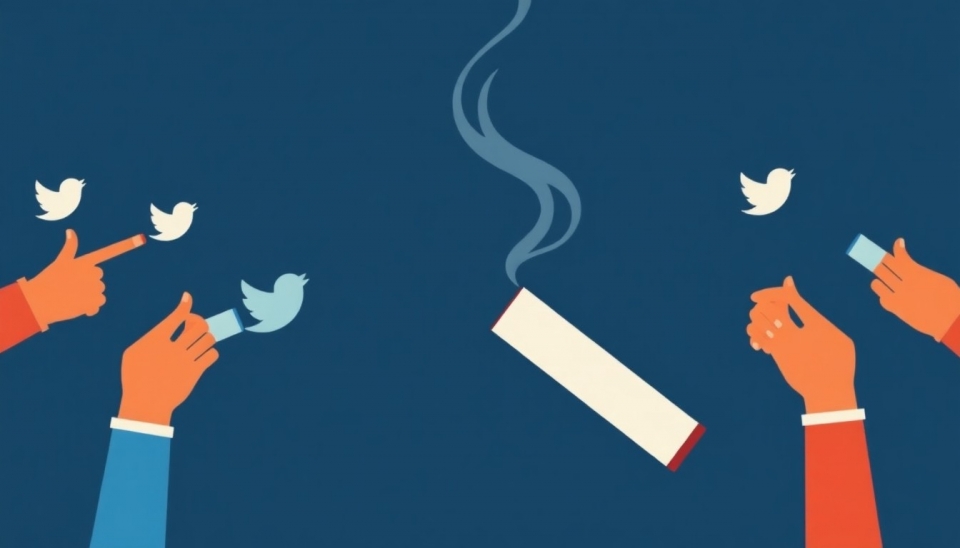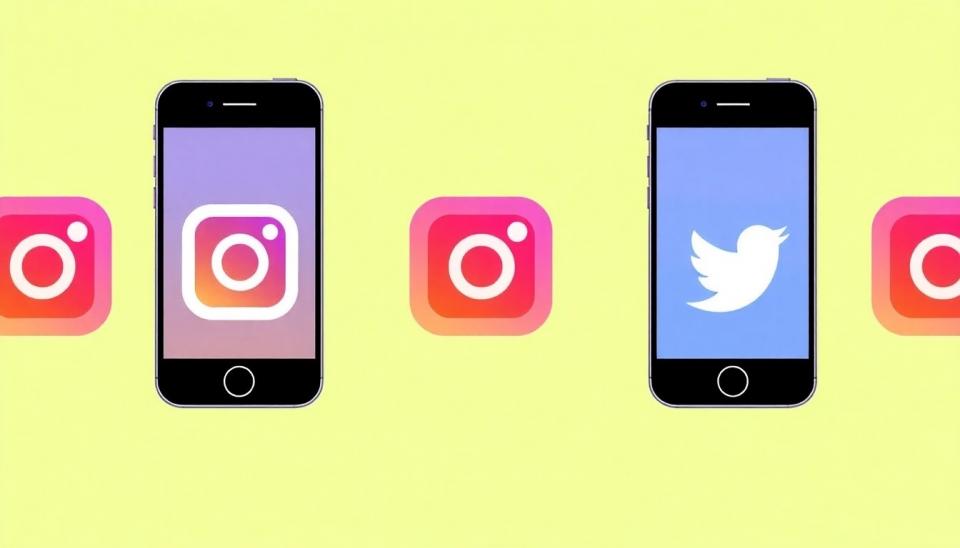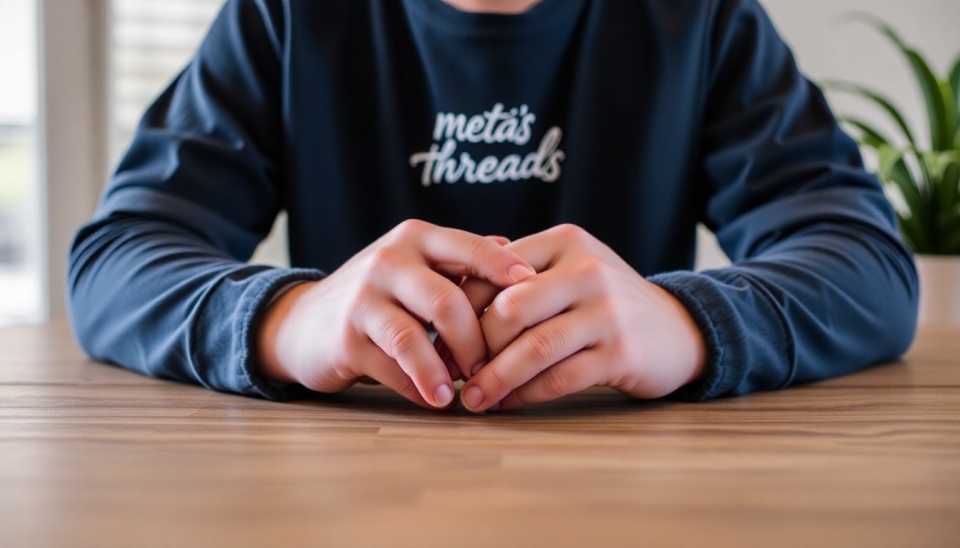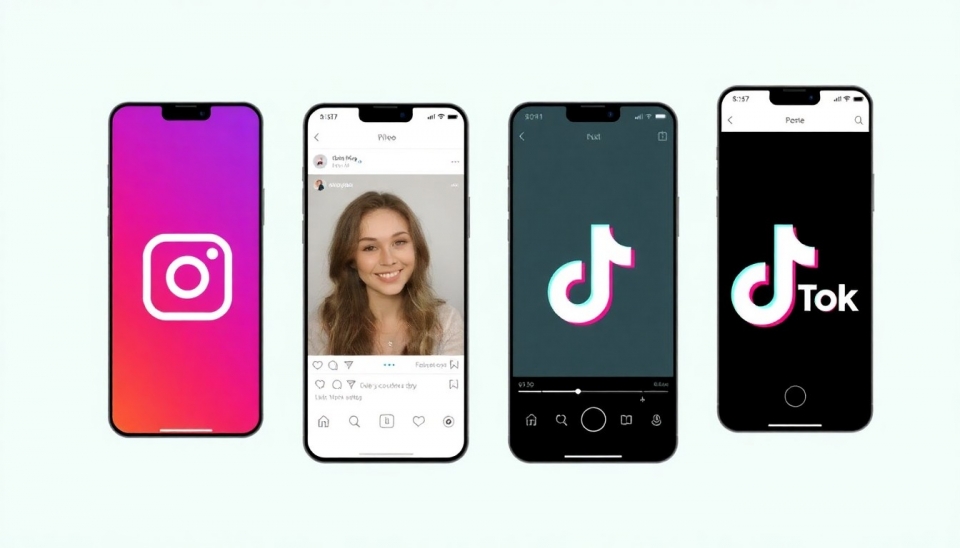
In the unfolding narrative of social media's impact on society, parallels are increasingly drawn to the historic reckoning faced by the tobacco industry. The past few decades have seen social media platforms grow from novel communication tools to powerful entities that influence public discourse, consumer behavior, and even political landscapes. However, as mounting evidence emerges regarding the detrimental effects of these platforms—particularly on mental health, misinformation, and societal polarization—regulatory scrutiny is intensifying.
The anticipated moment, often referred to as social media’s “Big Tobacco moment,” points to a pivotal shift in public perception and regulatory action. Just as tobacco companies faced litigation and stringent regulations due to their role in public health crises, social media platforms may soon find themselves in similarly precarious situations. The comparison is not merely speculative; it draws upon a growing body of research suggesting that the negative effects of social media on mental health, particularly among young users, are more profound than previously acknowledged.
Key stakeholders are beginning to recognize that social media is not just a benign platform for extension of personal expression; rather, it serves as a major vessel for misinformation and a breeding ground for divisive rhetoric. The data highlighting the mental health crisis among adolescents, significantly correlated with increased social media usage, is prompting parents, educators, and mental health professionals to demand more vigorous accountability from these companies.
The conversation is shifting from merely regulating content to scrutinizing the very algorithms that underpin these social media platforms. Similar to how tobacco companies were found to intentionally market vaping products toward youth, social media entities are being accused of manipulating user engagement through algorithms that prioritize sensational and polarizing content. This raises profound questions: At what point does a tool for connection become one of division and harm?
As Federal regulators in the United States ramp up investigations and consider potential reforms aimed at curbing the power and influence of social media giants, the momentum for change mirrors earlier campaigns against the tobacco industry. Experts predict that an increased call for transparency in how social media operates—and who it ultimately benefits—may lead to higher accountability measures and potentially heightened regulations akin to those faced by tobacco companies.
Legal scholars and advocates are urging for landmark class-action lawsuits against these social media platforms, similar to those that rattled the tobacco industry. As society grapples with the consequences of unchecked social media use, a potential reckoning point looms. Public awareness is growing, and legislative avenues are being explored, invoking fears among tech leaders of facing significant financial and reputational damages.
The evolution of public sentiment towards social media is alarming for the industry. Social media executives, much like their tobacco counterparts decades ago, may soon find themselves defending their practices in courtrooms as ethical questions about user safety and platform responsibility march forward. With the increasing prevalence of discussions surrounding mental health, misinformation, and the societal impacts of these platforms, the same kind of societal demand for accountability once directed at tobacco companies is now being refocused on social media.
As the tides shift, it becomes clearer that social media platforms must adapt to a changing landscape of public expectations and regulatory standards. The inevitable reckoning that seems to be on the horizon isn't just about litigation; it’s a movement towards creating a healthier digital ecosystem that prioritizes user well-being over profit margins.
In this critical juncture, the future of social media hangs in the balance. Will companies embrace the chance to innovate towards better practices for societal impact, or will they resist the wave of change until it becomes too late? The outcome remains uncertain, but one thing is clear: the era of complacency in the face of social media’s influence may soon come to an end.
As regulatory pressures mount and public scrutiny deepens, the industry must come to terms with its evolving role in society. The next few years will likely be pivotal in determining whether social media embraces its potential as a tool for connectivity and empowerment or continues down the path of division and chaos.
#SocialMedia #BigTobaccoMoment #MentalHealth #Accountability #Regulation #SocialChange #DigitalEthics #UserWellbeing
Author: Liam Carter




